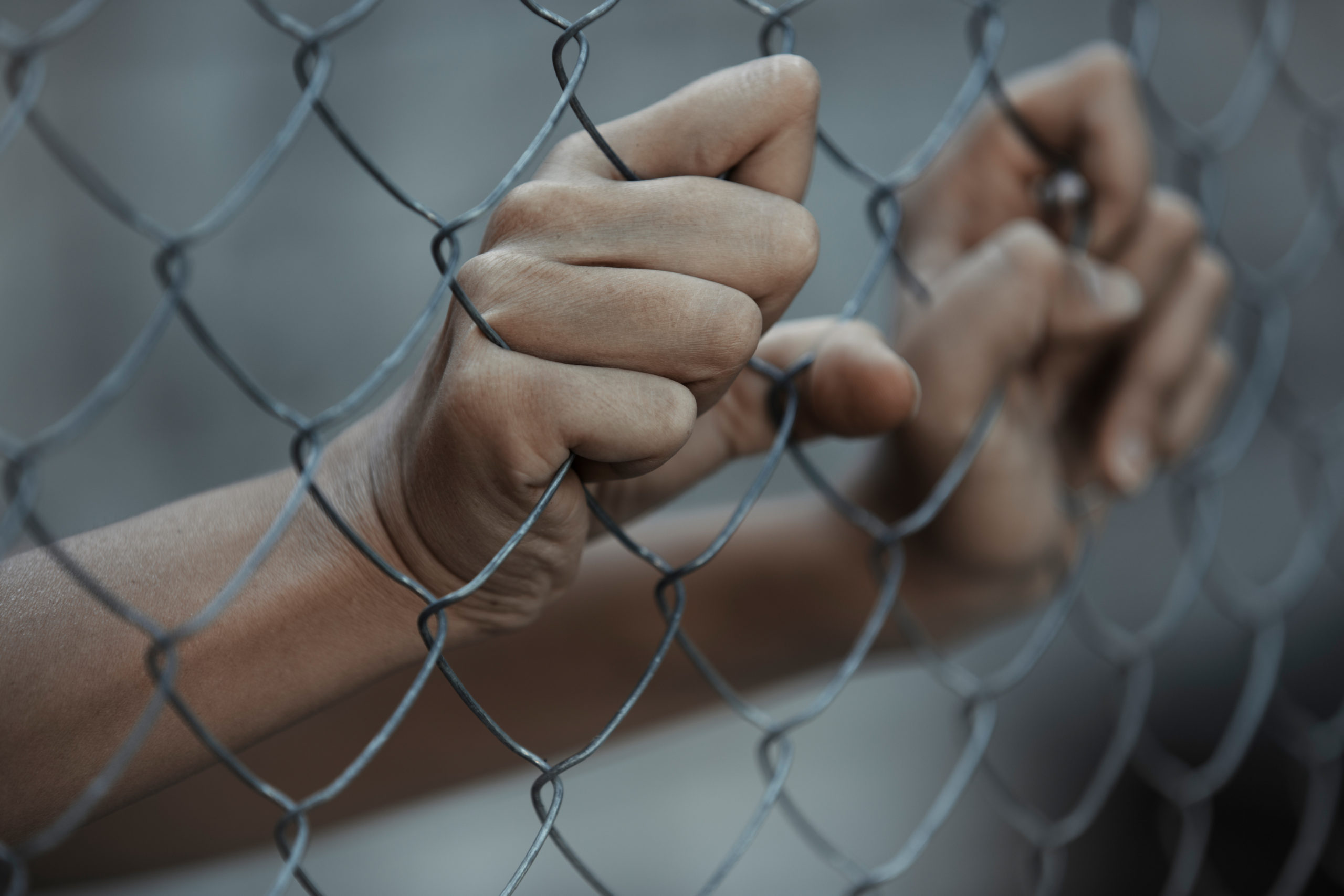From lack of good hygiene, to mental health medications — everything in the Lampur detention centre needs more attention
Almost two months after his release was ordered by the Delhi High Court, on April 8 this year, Asif Hossain walked out of the Sewa Sadan Deportation Centre’, Narela, Lampur Village in Delhi.
Speaking over the phone from a friend’s home in Delhi, he tells us he hopes to return to Kolkata soon, and be reunited with his wife and two children.
His wife, Ruma Bibi – who petitioned for his release from the detention centre – was in fact instrumental in getting the court’s attention towards the conditions at the detention centre in Lampur. Her petition in the High Court last year resulted in the inspection of the premises, housing foreign inmates for deportation, and was found to have “pathetic conditions”.
Hossain says, the difference between Tihar Jail and the detention centre is like as night and day. From the lack of good hygiene, to legal help and even mental health medications, everything seems to be against basic human rights. “The bathroom and toilets were so dirty at Lampur, one wouldn’t even want to take a bath. We would share a room with 15 other inmates in a 10 by 18 room, sleep on the floor, side by side, even during this pandemic. We were not provided sanitizers nor masks. The food too was terrible, and never enough, fights would break out because one wouldn’t know when the food came and went.”
There was also no legal help being provided, Hossain says, unlike in Tihar where there’s a legal cell. “Only after the petition did lawyers start coming. Now they are sending Nigerian’s home faster, but mostly Pakistani are not getting to go. There’s a boy from Kanpur, he has become mentally sick in the long incarceration period. He doesn’t sleep, he doesn’t eat, he doesn’t talk. Others tell me he was fine before, but was beaten up one time and since then he has not been okay.”
Hossain says, amongst everything basic that is missing are medications for this boys’ mental health. “When they give him medicines, he seems better. But after a week or more, again it becomes worse when the medicines stop. In Tihar, people with mental health problems would get medications daily, but here there’s no system.”
After the visit of the judicial officer, who Hossain says “scolded” the authorities there for the prevailing condition, some things started changing. “After judge sahab came, every room got painted, they brought us curtains, we got mattresses, cupboards because there were so many people with all their luggage and no place to keep all their things. Then regular cleaning also started, and even food improved.” He also says that six rooms occupied by CRPF which were the security installed there, were vacated. Now the BSF takes care of the security, with their own barracks.
But legal help is still scarce, a lawyer privy to the cases tells us. But living conditions have improved. “Now there are about five people in each room, and about 60 inmates in total,” Hossain says.
Many are those awaiting their deportation to their home countries for years, with especially Pakistani inmates being retained there for long periods. One being Hassan, who has been in the deportation centre for nine years, but having been acquitted in all cases against him.
The lawyer told us while the exact cause for their long-drawn incarceration could be due to authorities’ lackadaisical attitudes, in the case of Pakistani inmates, their government many a times refuses to accept them as their citizens and take them back.
There’s also a petition pending for further consideration of the issues there, and the matter is now fixed for August 5, pushed back from May 21.
But being incarcerated when one is claiming to not be a foreigner is another part of this system altogether. Hossain who has eventually been found to have legal identity papers, identifying him as Indian, was arrested at New Delhi railway station in 2012 and charged under various sections, out of which he was convicted under Section 3 (spying) of the Official Secrets Act and Section 474 (possession of forged documents) of the IPC. He spent his prison term at Tihar jail before being released in 2020, but instead of returning home he was put in the deportation centre, with authorities claiming his identity paper was forged, and him being a Pakistani citizen.
But the decision this year by the High court bench of Justice Siddharth Mridul and Justice Anup Jairam Bhambhani observed that his Passport and voter ID card were valid. It also said “it is evident from the record that prior to remanding him to ‘Sewa Sadan Deportation Centre’ Narela, Lampur Village, Delhi, the official respondents did not issue any show cause notice to Asif Hossain nor did they afford him an opportunity of being heard in that regard.”
It went on to say that looking at the facts “it can clearly and unequivocally be held that Asif Hossain is being detained by the official respondents without any legal cause, occasion or justification; and in gross violation of the procedure established by law.”
Hossain maintains he had nothing to do with the documents he was implicated for. Instead, he says he was framed – from getting him forcibly to sign on papers, and then his address being changed to somewhere in Pakistan.
(Cover: Credit – Getty Images)





